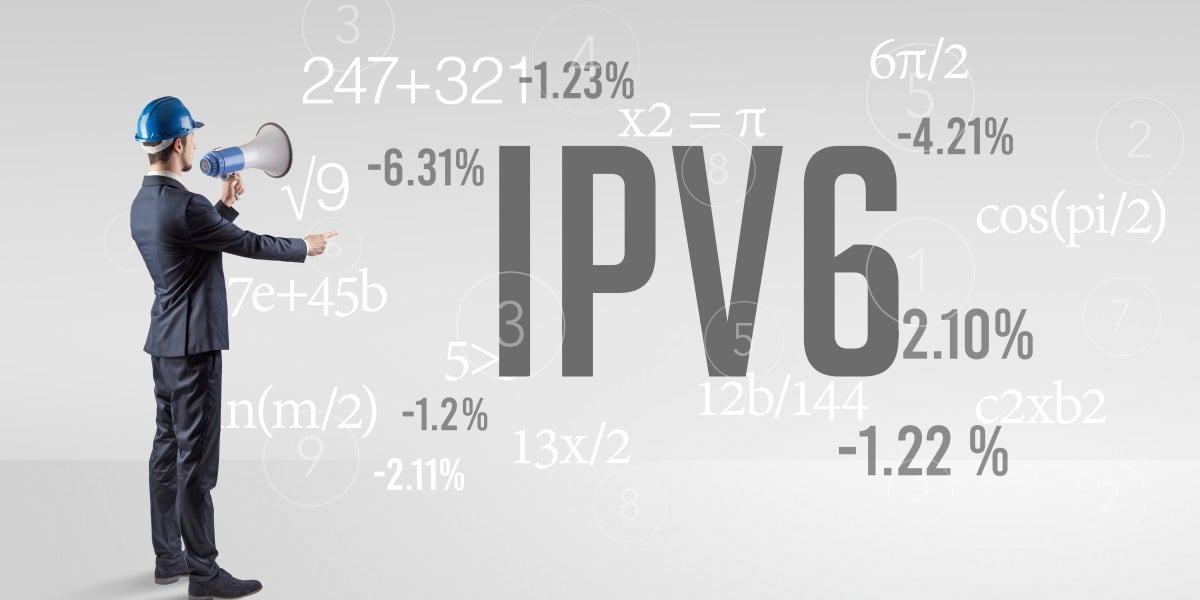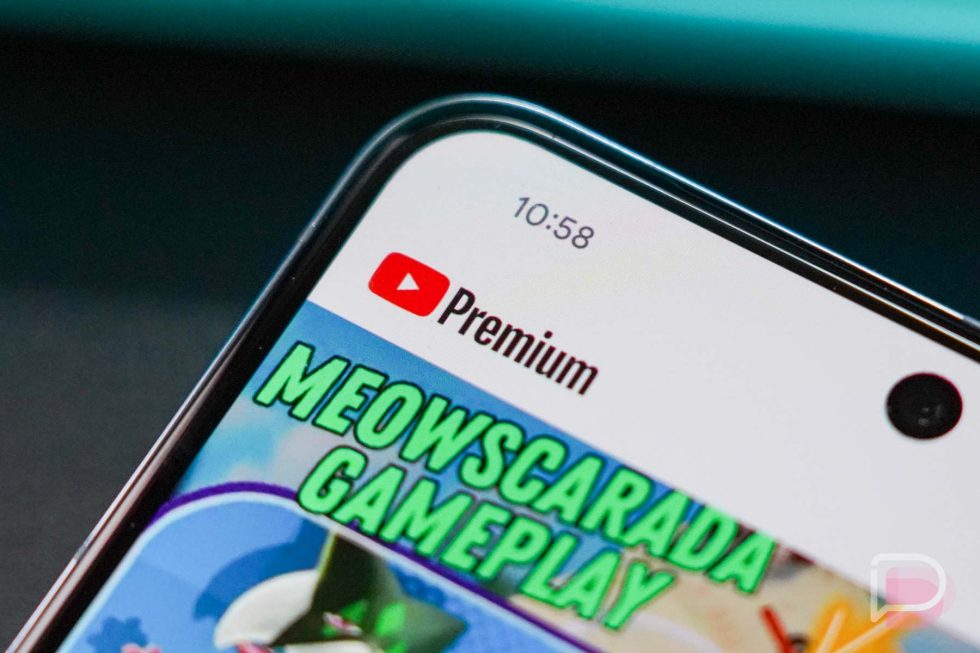From Posts To Profits: Why Creators Are The New Entrepreneurs Investors Can’t Ignore
Creators are no longer seen as just influencers, they are identified as real business owners who build scalable operations and attract weighty capital, writes guest author Murad Salikhov who recommends ways to help keep these entrepreneurs on the path to success.
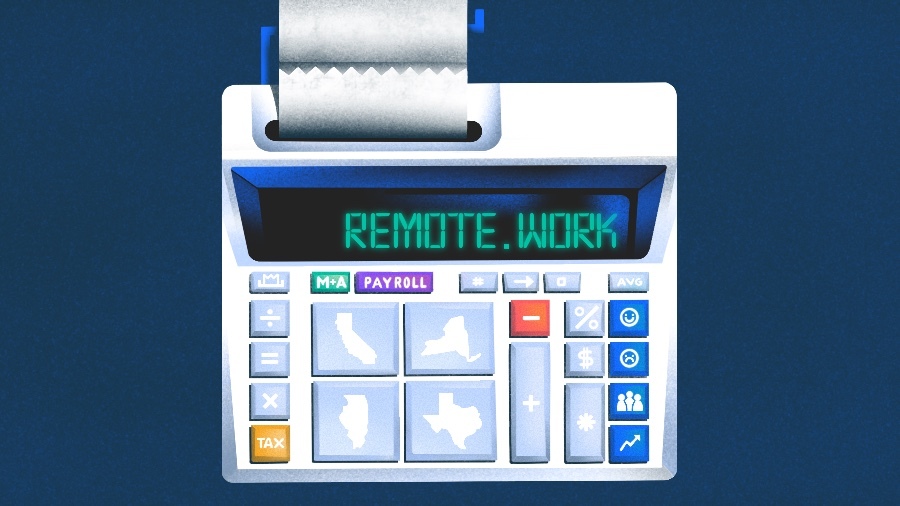
Imagine that a 22-year-old blogger posts videos from his bedroom about financial literacy. A year later, he has a team of five people and has just closed his first round of investments.
This is not rare anymore. In 2024 alone, U.S. startups in the creator economy raised about $1.7 billion, per Crunchbase data. The numbers show: Creators are no longer seen as just influencers, they are identified as real business owners who build scalable operations and attract weighty capital.
The rise is similar to that of e-commerce founders a decade ago who were once overlooked until they built major businesses. Now, creators are getting the same attention, with investors increasingly viewing them as serious entrepreneurs.
The maturing industry

A major driver of this shift is creators’ positive influence on sales, ROI and other business indicators. Back in 2021, most creator campaigns were still treated as experiments. Brands would test small budgets, often with little clarity on returns. Today, everything has changed significantly, and leading brands are reallocating significant funds toward creator strategies.
One bright example is the Super Bowl in 2025, where more than 150 creators covered the event. During that time, influencer marketing budgets increased by 25%-35%, with much of that investment redirected from traditional television advertising.
As the industry evolves, it also requires stronger infrastructure. Startups are stepping in to build the tools and platforms that support creators and turn them into entrepreneurs. At the same time, the talent behind these companies is also leveling up — the number of jobs in the creator economy has grown by almost 37% so far in 2025.
The industry is not simply thriving, it’s maturing with early hype players fading. And what’s left today is more about the serious, scalable players that can be interesting for investors.
The need for finance management tools
With the growth of the industry comes the need for financial infrastructure. Imagine that you are launching, for example, a coffee shop. You have a big team and hundreds of thousands of dollars in turnover, but you can’t get a business card, open a corporate account, or properly manage taxes. Sounds unreal, right? But for creators — this is reality.
Today’s creators are not just building audiences, they are building businesses. Many manage seven or more income streams across platforms. And despite generating substantial revenue, most creators still lack access to the appropriate financial tools. From taxes and savings to credit access, these gaps go unaddressed.
This is where fintech startups can help. They enable creators to manage income more effectively and access financial services tailored to them. For investors and VCs, this signal is strong because it is about creating sustainable backing solutions and unlocking greater value for the entire ecosystem.
What it takes to build for creators
In order to build meaningful solutions for the creator economy, it’s important to understand how creators work — how they plan and produce. Tools must align with — not disrupt — their daily workflows.
We also have to consider that the growth in this space is driven by the community. A tool that earns its place in a creator’s stack and gets recommended through word-of-mouth has a sign of real product-market fit. No amount of paid spend can replicate that kind of credibility.
When solutions are built with this level of understanding, they open real business potential. That’s why investors are increasingly paying attention to the industry. And this is not a temporary trend; it is a shift toward a new class of digital entrepreneurs.
Murad Salikhov is the co-founder of Schwarzwald Capital, a VC firm focused on empowering innovative fintech and creator economy startups, as well as co-founder of Cartex, a next-generation financial marketplace.
Illustration: Dom Guzman














































































































































































![[The AI Show Episode 156]: AI Answers - Data Privacy, AI Roadmaps, Regulated Industries, Selling AI to the C-Suite & Change Management](https://www.marketingaiinstitute.com/hubfs/ep%20156%20cover.png)
![[The AI Show Episode 155]: The New Jobs AI Will Create, Amazon CEO: AI Will Cut Jobs, Your Brain on ChatGPT, Possible OpenAI-Microsoft Breakup & Veo 3 IP Issues](https://www.marketingaiinstitute.com/hubfs/ep%20155%20cover.png)
























































































































































































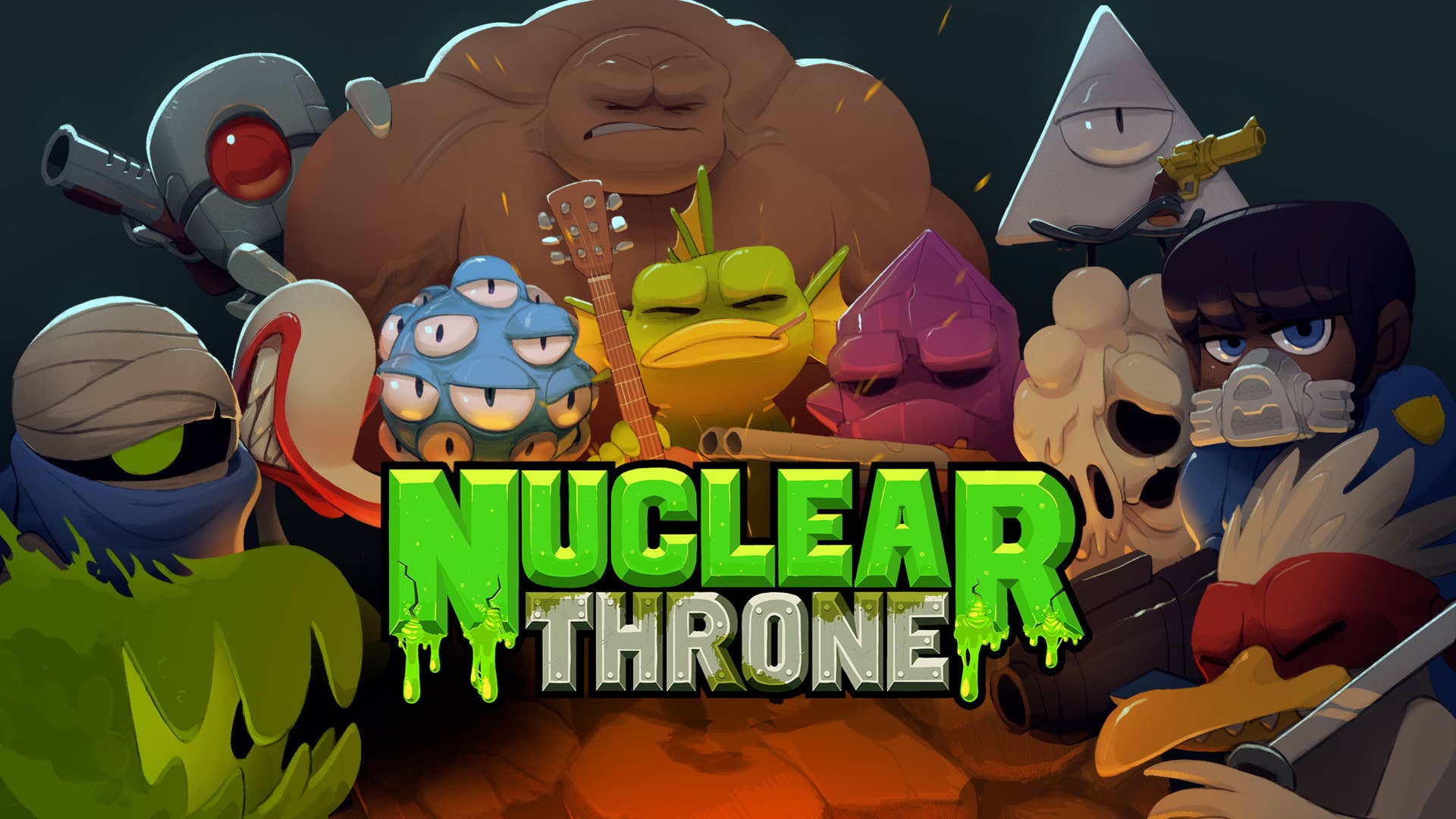




















































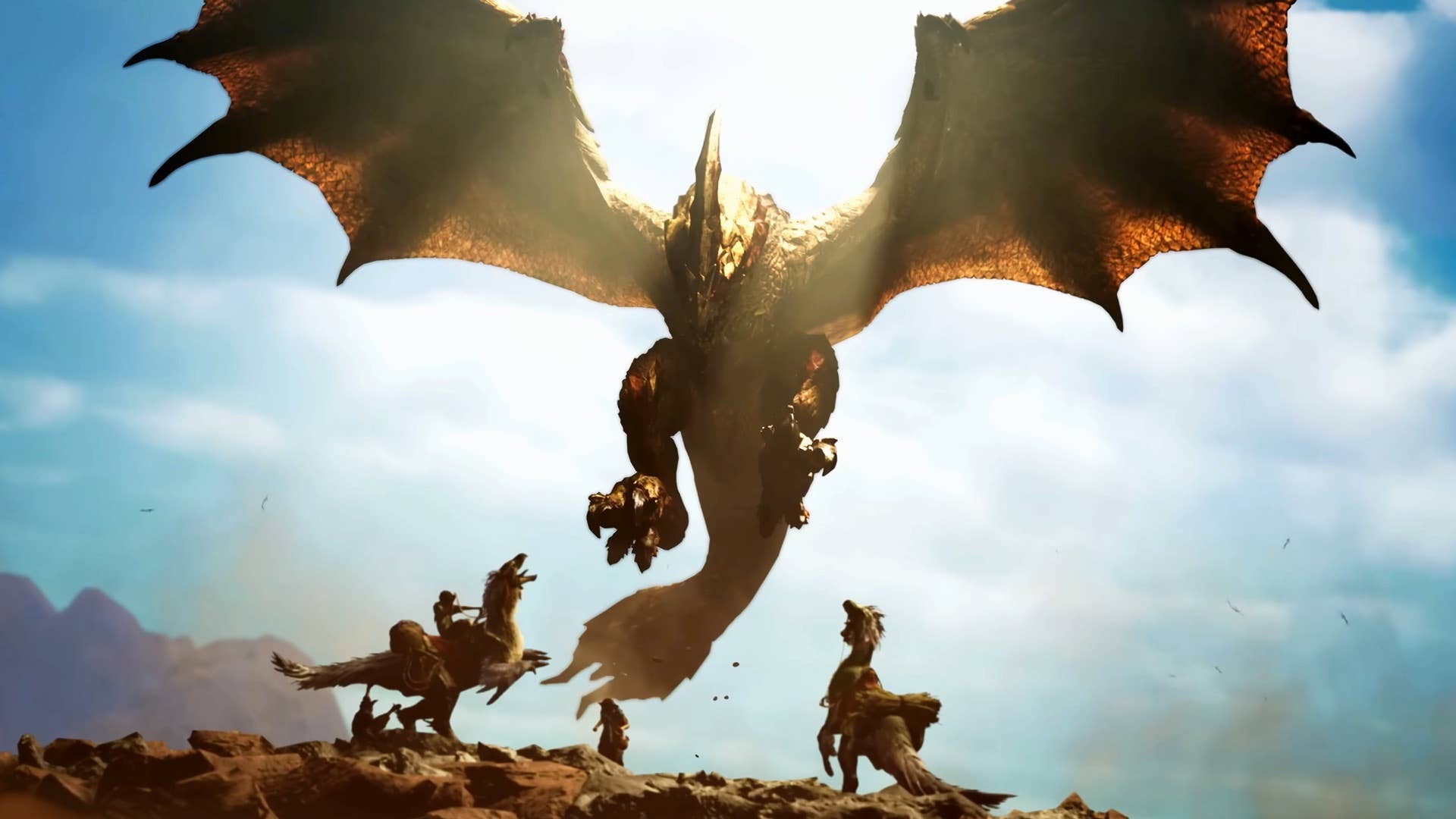






















_incamerastock_Alamy.jpg?width=1280&auto=webp&quality=80&disable=upscale#)
_Brain_light_Alamy.jpg?width=1280&auto=webp&quality=80&disable=upscale#)






























































































![Senators reintroduce App Store bill to rein in ‘gatekeeper power in the app economy’ [U]](https://i0.wp.com/9to5mac.com/wp-content/uploads/sites/6/2025/06/app-store-senate.jpg?resize=1200%2C628&quality=82&strip=all&ssl=1)
















